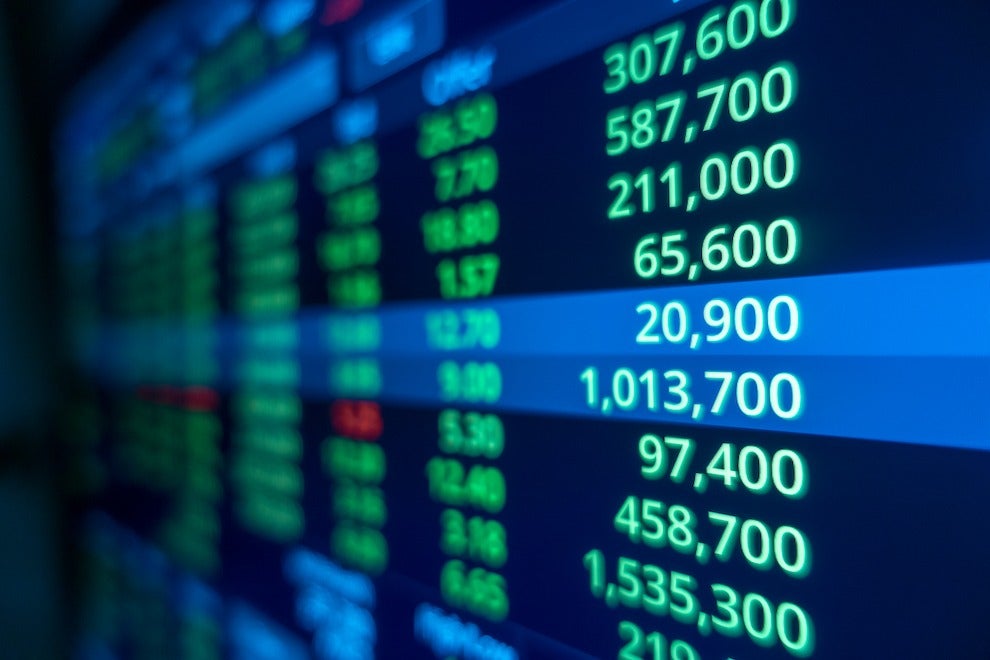
Upheaval in Ukraine has forced investors to make urgent changes – but a traditional ESG policy may not be enough, writes Annamaria Koerling
Investors started 2022 confronted with deep uncertainties. Inflation across the world at the highest level for more than 30 years had already unsettled markets, with policy makers feeling the pressure of curbing rampant inflation without stifling an already slowing recovery. Then Russia went to war against Ukraine, and suddenly history was being rewritten. Putin’s actions turned equity market jitters about the trajectory of monetary policy into shudders of dismay about the ramifications of a war which may have profound longer-term global consequences.
The response of the global community has been swift, with governments, the financial sector and corporations taking action, ensuring that this modern, hybrid war is waged not just on the ground or in the air but in the banking system, the energy grids, cyberspace and the media. In the investment world, Russian constituents have been removed from widely tracked indices by MSCI and BlackRock, stock exchanges have suspended Russian securities from trading, and Russian foreign debt has been downgraded to junk.
How should responsible long-term investors react? The problem of how to mitigate or respond in portfolios is not as simple as seeking out investments that have direct or indirect exposure to Russia. Investors need to look deeper into the supply chains and behaviours of corporates to understand who is walking the walk and not just talking or window-dressing.
More complicated still, especially given the acceleration of the energy transition needed, is the supply of aluminium, nickel, titanium, gold and other commodities that the US, the EU and the UK are still buying daily from Russia. Which companies and governments are choosing not to self-sanction and as a result are still indirectly financing Putin’s warmongering by purchasing commodities? For some countries and companies, this will represent an existential threat. Bosnia, Poland, Finland and Slovakia, for instance, are almost 100 per cent dependent on Russian gas.
Even before the war in Ukraine, some responsible investors had already been re-evaluating their approach to assessing ESG after an uncomfortable 2021 that saw the valuations of many highly ranked – and, therefore, previously highly valued – ESG stocks take a tumble. By focusing on ESG ‘leaders’ (ie the companies already deemed best in class in their industry or sector), an investor may well mitigate short-term risks. However, she may find herself overpaying and perhaps also overlooking companies that are making great efforts to improve ESG practices. The new buzzword for these companies is ESG ‘improvers’. Investment house Amundi defines these ‘improvers’ as companies that are fundamentally sound and have embraced (or will soon) a positive ESG framework.
To generate alpha and invest responsibly, the thesis is as follows: identify established companies that are at an early stage in their ESG journey or look at companies that are trying hard to resolve seemingly impossible challenges, and you stand to unlock a potentially significant return when their efforts are eventually recognised and they are recategorised as the leaders of tomorrow.
US investment house Rockefeller Asset Management has designed an ESG improvers index that seeks to capture such opportunities. Casey Clark, the firm’s global head of ESG, states: ‘We believe that investors will increasingly differentiate between ESG leaders and improvers – firms showing the greatest improvement in their ESG footprint – and the latter offers a greater potential for generating uncorrelated alpha over the long term.’ Between a hypothetical portfolio of top-quintile ESG improvers to bottom-quintile ‘ESG decliners’, the improvers did better by an average of 3.8 per cent annually in an analysis covering US all-cap equities from 2010 to 2020.
The need for a different approach is supported by research done by Aon into the unintended consequences of allocating to best-in-class ESG investments. They argue that a ‘myopic focus’ on investing in a company with high ESG ratings means that investors could miss out on ‘building a comprehensive approach to mitigating ESG risks’, as well as failing to identify the opportunities created in a changing global landscape. According to Aon, this is due to three key shortcomings with ESG ratings: ‘They try to quantify the unquantifiable, they don’t always capture ESG’s “moving target”, and they aren’t comprehensive.’
When confronted with a highly volatile and uncertain situation, it feels even harder to do the right thing. The waters are still too murky to look through the geopolitical angst at the secondary consequences and the long-term ramifications. If an ESG manager could be too inflexible to respond appropriately to a changing world order, a better approach might be to select an unconstrained, active and thoughtful manager who recognises that investors want to do good to the planet and people on it – but that slavish adherence to outdated ESG criteria can be damaging to your wealth.
Image: Shutterstock






